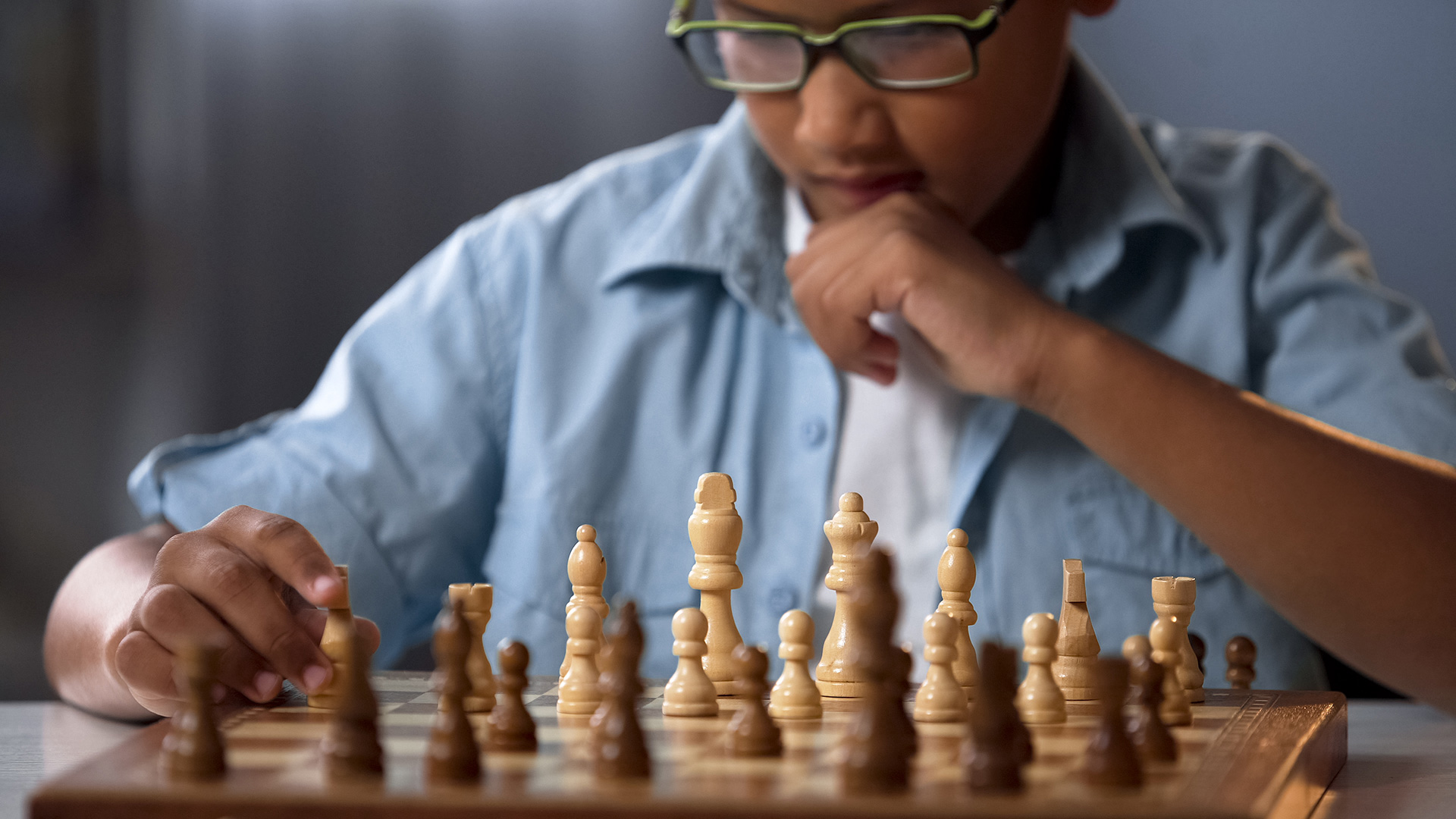
The Detroit Police Athletic League is adding chess to their sports programs to foster critical thinking skills in the youth.
According to the Detroit Free Press, around 50 kids aged 5-18 meet every Monday to play socially-distanced chess on tablets as part of the I Teach Chess program.
The program’s founder, Detroit Police Officer Chevelle Brown, hopes that learning chess will benefit kids’ critical thinking skills, brain function, creativity, and concentration.
“I just want to expose people to the thought of chess,” Brown said. “My hope is to be able to expose young people across the nation to chess in hopes that they will also learn not just what to think but how to think about things.”
Detroit PAL is a nonprofit organization and part of the Detroit Police Department that focuses on providing sports and community programs to Detroit’s youth. Although it began with sports, the nonprofit has expanded their programs to include creative activities, STEM classes, and now chess.
Interest in chess has spiked recently following the popular Netflix drama “The Queen’s Gambit,” whose protagonist is an orphan girl who becomes a world champion chess master, breaking the sports’ glass ceiling for women.
Detroit PAL also has a few chess geniuses of its own, such as Khalid Proctor and Paige Orange, who were 2020 state champions. Another student at Detroit PAL, Charisse Woods, became the first African American woman to achieve the rank of national master.
Detroit PAL CEO Robert Jamerson explained that PAL’s mission is to strengthen the community and enrich the youth in Detroit, his hometown.
Jamerson, a former PAL alumnus, was motivated to give back to the community that he grew up in. “I had a chance to come back and be able to really equip the youth with some of the things that I wish I would have gotten growing up,” he said.
Now, he hopes that the organization can heal the fraught relationship between the community and the police through understanding and empathy.
He said, “It becomes a grounds for orienting officers to be exposed to the community that they are actually gonna be policing, so they understand the culture, and they understand the community and the dynamics of that community. When they begin to police that community, there is empathy for and understanding of the people that are living in that community and as well the people in that community now get exposed to some of those officers,” Jamerson said.





